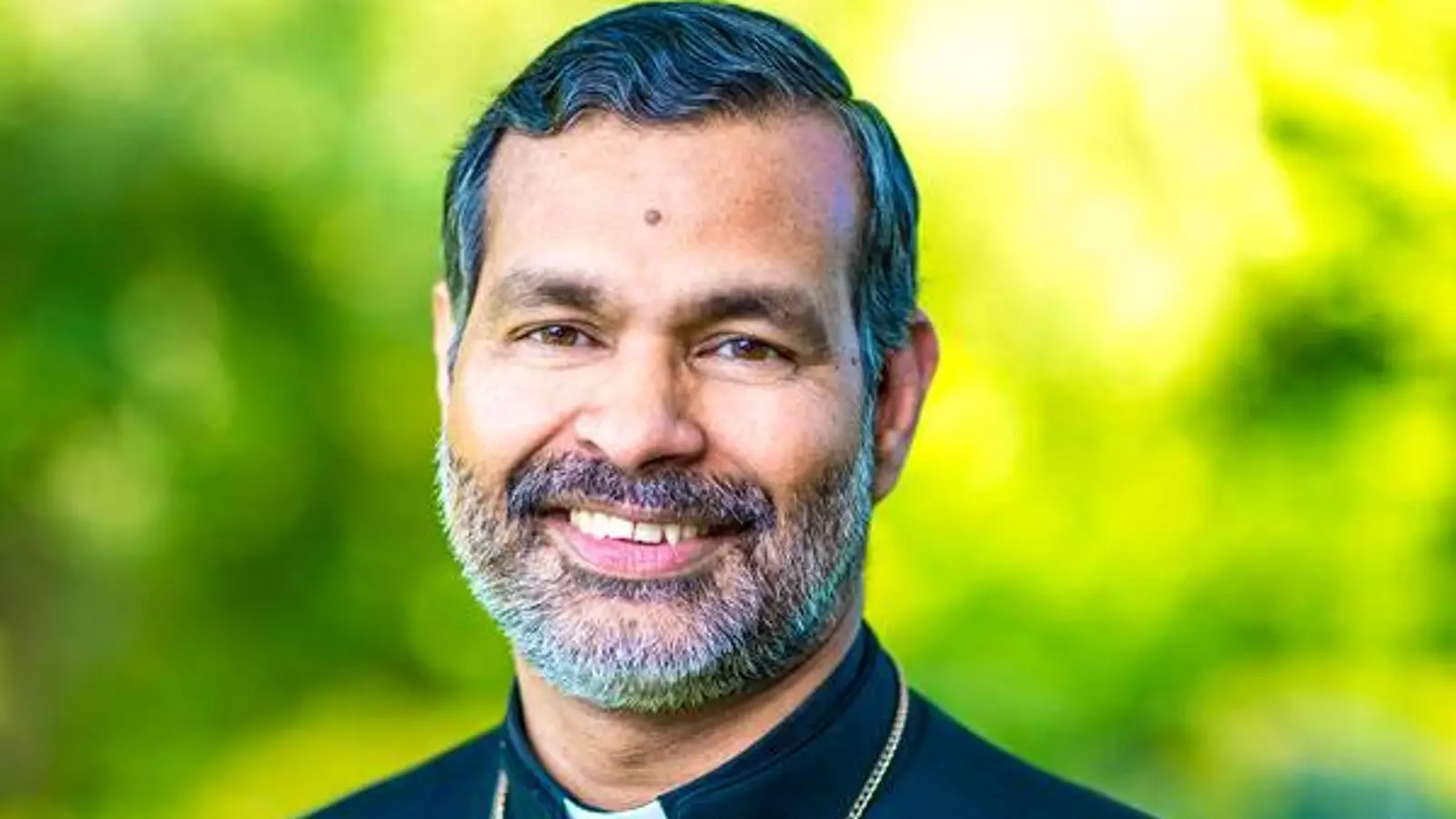The recent announcement of the Right Reverend Dr. John Perumbalath’s retirement from his position as the Bishop of Liverpool has sent shockwaves through the Church of England. This decision comes closely on the heels of serious allegations of misconduct leveled against him by two women, including a fellow bishop. The gravity of these allegations, which encompass claims of unwanted physical contact and sexual harassment, has put the Church’s leadership and its safeguarding measures under intense scrutiny. This article examines the implications of these allegations and how they reflect broader issues within the Church.
Dr. Perumbalath faces accusations that span from 2019 to 2023, with one woman alleging that he kissed her without consent and groped her on multiple occasions. A second accuser, a female bishop, alleged harassment within the context of their ministerial interactions. Notably, these allegations not only question his personal conduct but also raise concerns about the systemic issues related to the handling of misconduct within the Church. Perumbalath’s fervent denials of these accusations form an essential part of this narrative, as he claims his retirement was not an admission of guilt, thus igniting a debate over the nature of accountability in positions of ecclesiastical authority.
In his public resignation letter, Perumbalath emphasized his commitment to the diocese, noting that he did not want the situation to distract from its ministry and the welfare of its community. His insistence on his innocence highlights a growing trend among leaders in various sectors—including religious institutions—to assert their integrity even in the face of serious allegations. Such a stance raises questions about the effectiveness of current safeguarding protocols and how they apply to those in positions of power. His assertion that the decision to retire was made for “my own well-being” and the diocese’s welfare comes across as an effort to both protect his personal reputation and maintain the stability of the diocese amidst a tumultuous period.
The response from senior church officials, particularly from the Archbishop of York, Stephen Cottrell, reflects an acknowledgment of the situation’s sensitivity. Cottrell’s statement conveys a commitment to ensuring stability within the diocese during this transitional phase. However, the overarching questions remain: how effective is the Church of England’s safeguarding policy, and what steps will be taken to address the concerns raised by these allegations? The Church’s promise to look into the complaints and complete an independent risk assessment shows an intention to address these issues seriously, yet it offers little comfort in the wake of such a scandal.
The resignation of Bishop Perumbalath occurs at a critical juncture for the Church of England, which has been grappling with its reputation and the handling of allegations within its ranks. The news that another woman recently disclosed further allegations—though deemed a matter of misconduct rather than safeguarding—only adds fuel to the fire. Such incidents spotlight the need for comprehensive reforms in how the Church manages allegations of misconduct and safeguards vulnerable individuals. It is becoming increasingly clear that the Church must engage in unwavering transparency and accountability to salvage its credibility in a society that demands responsibility from all institutions.
The impending appointment of an acting bishop will serve as a crucial step in restoring order to the Diocese of Liverpool. What remains to be seen is whether this situation could catalyze meaningful change regarding how the Church addresses allegations of misconduct. As conversations around safeguarding continues to evolve, many in the community hope that the Church will not only handle this situation with care but also implement necessary reforms that better protect its members and restore public confidence. The exit of a high-profile figure such as Perumbalath presents both challenges and opportunities for reflection within the institution’s leadership structure.
The retirement of the Bishop of Liverpool amidst serious allegations raises fundamental questions about accountability and safeguarding within the Church of England. As the institution navigates these murky waters, it must be vigilant in addressing both the immediate fallout and the larger cultural implications of these events. The hope is that the Church can emerge from this period stronger and more committed to the well-being of its congregants. Only time will reveal whether effective change will stem from this moment of crisis.

